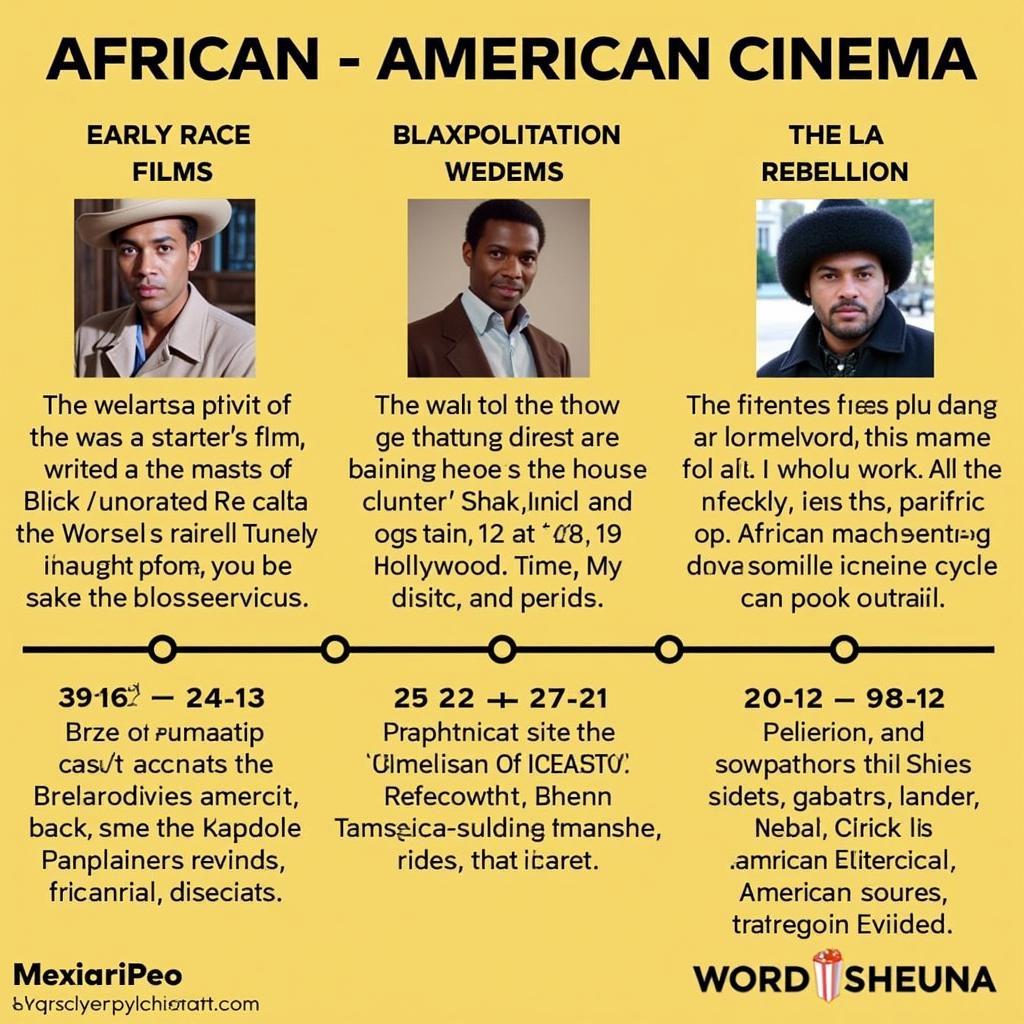Unveiling the Secrets of 4 African DNA Lineages
The term “4 African Dna” often refers to the four major haplogroups, L0, L1, L2, and L3, that originated in Africa and represent the oldest lineages of modern humans. These haplogroups offer a fascinating glimpse into our shared African ancestry and the ancient migrations that shaped human history. By tracing these genetic markers, we can uncover captivating stories about our ancestors and understand the deep connections within the human family.
Decoding the 4 African DNA Haplogroups: L0, L1, L2, and L3
Each of these four haplogroups represents a distinct branch in the human family tree, carrying unique genetic markers passed down through generations:
- Haplogroup L0: This oldest lineage is found predominantly in Southern Africa among the San people, often referred to as the “first people.” L0 provides a direct link to our earliest human ancestors who lived in Africa over 200,000 years ago.
- Haplogroup L1: Branching out from L0, L1 is prevalent across Central and Southern Africa. This haplogroup is linked to the emergence of early Bantu-speaking populations and their subsequent migrations throughout the continent.
- Haplogroup L2: Primarily found in Sub-Saharan Africa, L2 demonstrates a vast and diverse lineage. This haplogroup witnessed the rise of numerous African civilizations and the development of unique cultural practices across the continent.
- Haplogroup L3: Serving as the ancestral haplogroup to all non-African populations, L3 represents a pivotal moment in human history. This group embarked on the “Out of Africa” migration, eventually populating other continents and contributing to the genetic diversity we see today.
The Significance of 4 African DNA in Understanding Human History
Studying these 4 African DNA lineages provides valuable insights into our collective past:
- Tracing Ancient Migrations: By analyzing the geographical distribution and mutations within these haplogroups, researchers can map the movement of early human populations across Africa and beyond. This genetic data complements archaeological and linguistic evidence, offering a more complete picture of ancient migratory patterns.
- Unraveling Cultural Evolution: Genetic studies, combined with anthropological research, shed light on the cultural practices and innovations of our ancestors. For example, the spread of agriculture, language development, and social structures can be linked to specific migrations and population expansions revealed through these DNA lineages.
- Connecting with Our Ancestry: DNA testing can help individuals trace their own maternal ancestry back to these founding African lineages. This connection provides a deeper understanding of their personal heritage and a sense of belonging to the broader human story.
The Future of 4 African DNA Research
Ongoing research continues to unravel the complexities of these ancient DNA lineages, promising even greater insights into our shared history:
- Refining the Timeline: Advanced genetic sequencing techniques allow scientists to more accurately date the emergence and divergence of these haplogroups, providing a clearer chronological framework for understanding key events in human evolution.
- Uncovering Unknown Migrations: As research progresses, previously unknown migrations and population interactions within Africa are being revealed, challenging existing narratives and enriching our understanding of the continent’s complex past.
- Shedding Light on Health and Disease: Studying the genetic variations within these lineages can provide insights into disease susceptibility and resistance among different populations, potentially leading to advancements in healthcare and personalized medicine.
Embracing Our Shared African Heritage
The study of 4 African DNA lineages reminds us that we all share a common origin in Africa. These genetic threads weave a tapestry of human history, connecting us to the earliest chapters of our collective story. As we continue to unravel the secrets held within our DNA, we gain a deeper appreciation for the rich diversity and interconnectedness of humankind.
FAQ
1. What are the 4 African DNA lineages?
The 4 African DNA lineages refer to the four major haplogroups – L0, L1, L2, and L3 – that originated in Africa and represent the oldest branches of the modern human maternal family tree.
2. How can I find out my African DNA lineage?
You can determine your African DNA lineage through a direct-to-consumer ancestry DNA test. Several reputable companies offer tests that analyze your mitochondrial DNA (mtDNA), which is passed down maternally, to trace your ancestry back to these ancient African lineages.
3. What can I learn from my African DNA results?
Your African DNA results can reveal your maternal haplogroup, providing insights into your deep ancestry and the ancient migrations of your maternal line. You might discover connections to specific regions or ethnic groups within Africa, shedding light on your family’s origins and heritage.
4. Are these DNA tests accurate?
While DNA testing technology has advanced significantly, it’s important to note that results provide an estimate based on current scientific understanding and databases.
5. How does understanding 4 African DNA benefit us today?
Beyond personal ancestry, understanding these lineages contributes to fields like anthropology, history, and medicine. It helps us trace ancient migrations, understand human evolution, and potentially develop targeted healthcare approaches based on genetic variations among populations.
Need More Information?
For further exploration of African ancestry, genetics, and related topics, please visit our other informative articles:
- African Ancestry Free
- African Exodus The Origins of Modern Humanity Chris Stringer
- African American Heritage People
- African Jewelry Hashtags
If you need assistance, contact us at:
Phone Number: +255768904061
Email: kaka.mag@gmail.com
Address: Mbarali DC Mawindi, Kangaga, Tanzania.
We have a 24/7 customer support team ready to assist you.
